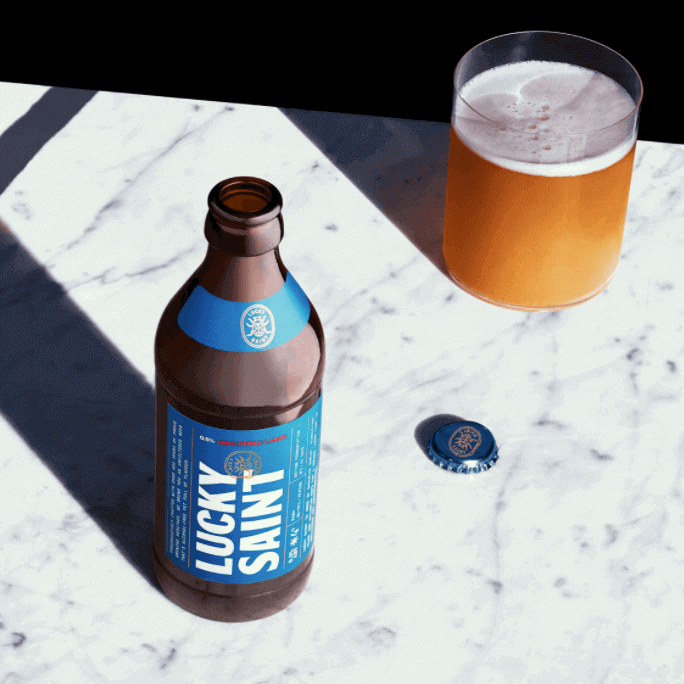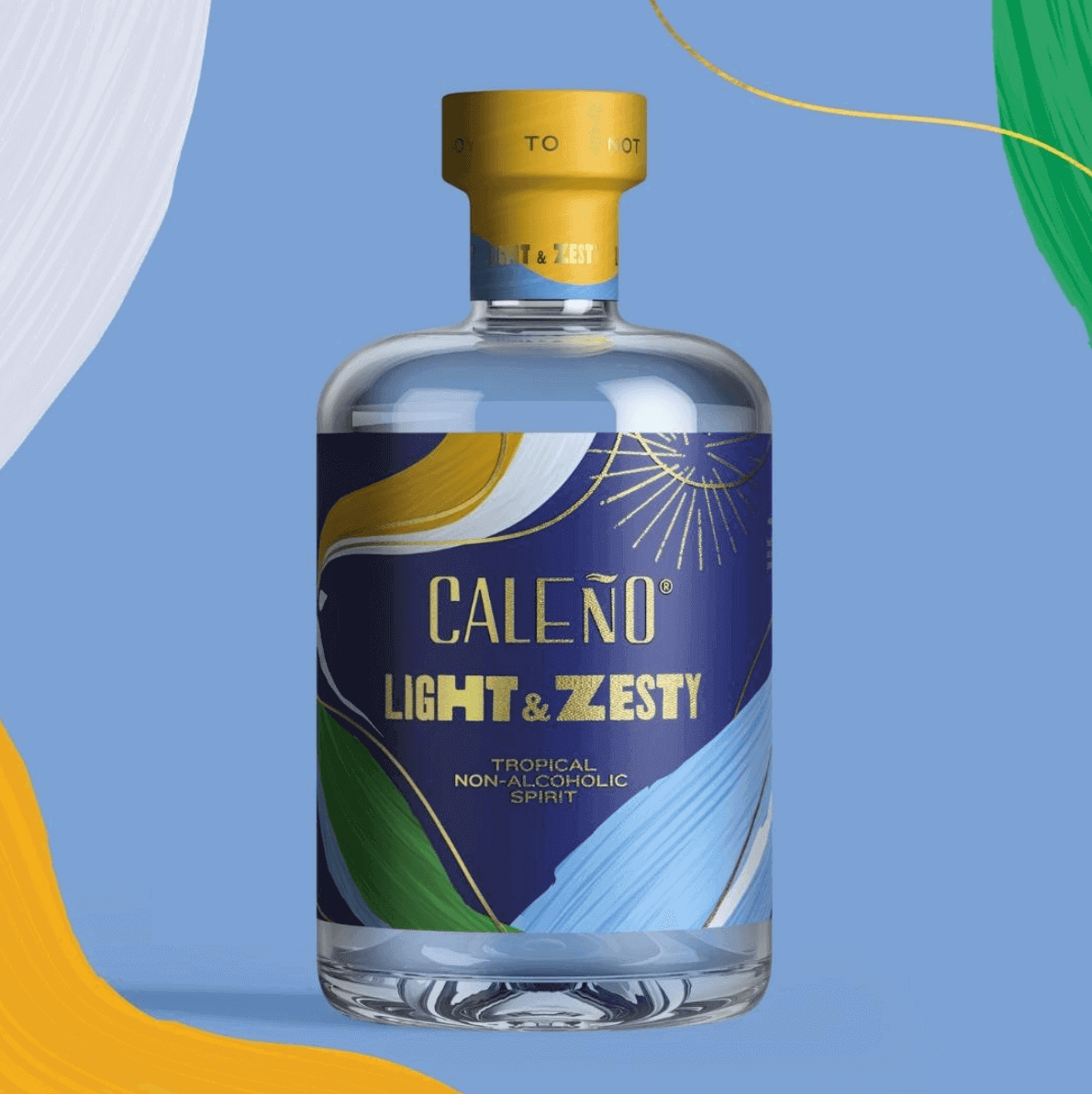What Are Direct-To-Consumer (D2C/DTC) Non-Alcoholic Beverage Brands?
Direct-to-consumer non-alcoholic beverage brands have revolutionized the way people access and enjoy refreshing drinks by offering a convenient online shopping experience. These brands bypass traditional distribution channels, selling their products directly to consumers through their websites or online platforms.
By eliminating intermediaries, D2C beverage brands can maintain control over product quality, streamline the purchasing process, and establish direct relationships with their customers. From artisanal craft sodas and gourmet teas to health-focused functional beverages and premium sparkling waters, D2C brands cater to diverse tastes and preferences, providing a wide array of options for consumers seeking high-quality, innovative non-alcoholic beverages.
What Are The Best Direct-To-Consumer Non-Alcoholic Beverage Brands?
The best direct-to-consumer non-alcoholic beverage brands are distinguished by their commitment to crafting exceptional drinks using high-quality ingredients and innovative recipes. Brands like Recess, Spindrift, and Seedlip have gained recognition for their dedication to creating unique and flavorful beverages that resonate with modern consumers.
Recess offers a range of hemp-infused sparkling water beverages with natural flavors and adaptogens, promoting relaxation and stress relief. Spindrift stands out for its commitment to using real fruit juice in its sparkling water products, delivering crisp, refreshing flavors without any artificial additives or sweeteners. Seedlip specializes in non-alcoholic distilled spirits made from botanical ingredients, providing an alcohol-free alternative for cocktail enthusiasts seeking sophisticated and complex flavor profiles.
What Are Current Trends In The Direct-To-Consumer Non-Alcoholic Beverage Category?
Current trends in the direct-to-consumer non-alcoholic beverage category reflect a growing demand for healthier, more functional, and experiential drink options. Consumers are increasingly seeking beverages that offer added health benefits, such as hydration, energy boost, or immune support, leading to the rise of functional drinks infused with vitamins, antioxidants, and adaptogens. Additionally, there is a shift towards natural and clean label products, with consumers prioritizing transparency and authenticity in ingredient sourcing and production methods.
Another notable trend is the emergence of premium and artisanal non-alcoholic beverages, including craft sodas, specialty teas, and gourmet lemonades, catering to discerning consumers looking for unique and indulgent drink experiences. Moreover, sustainability and eco-consciousness are driving forces in the D2C beverage industry, with brands adopting environmentally friendly packaging, reducing carbon footprint, and supporting ethical sourcing practices to appeal to environmentally conscious consumers.























